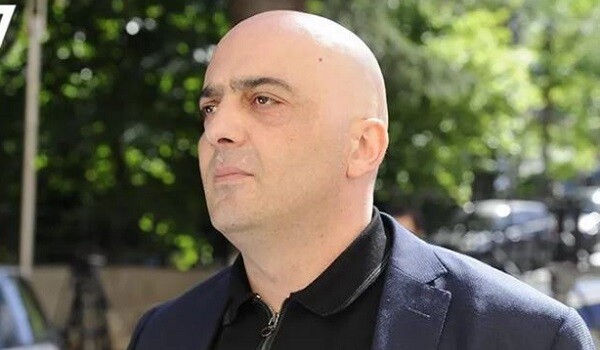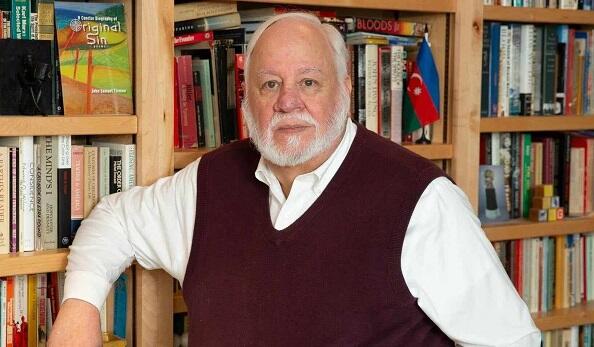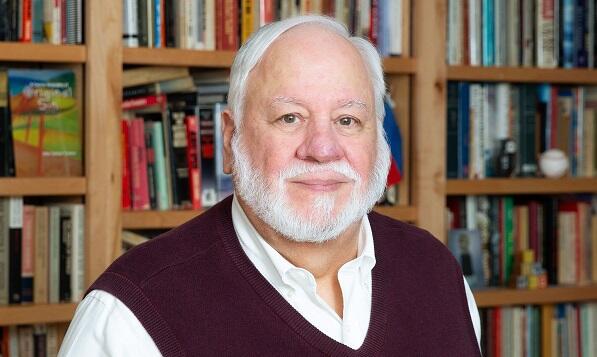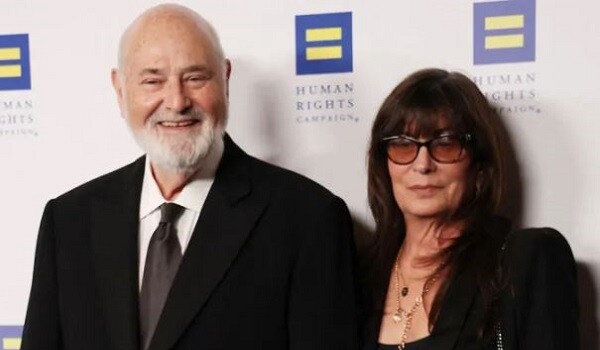Axar.az presents an article "Humanism" by John Samuel Tieman.
I'm reading a biography, “The Life Of Thomas More” by Peter Ackroyd. I'm not as interested, as many might presume, in the last five or six years of the saint's life, the years of Lord Chancellor More, his execution, Anne Boleyn and all that. I know that bit. I'm interested in his early life, his schooling, his writing habits, his relationships, his career as a lawyer, his time as a parliamentarian, public servant and courtier. And humanism. I'm thinking about Renaissance Humanism.
I'm thinking that America needs a movement that reaches into our past, one that helps us move out of the chaos of “Make America Great Again”. A movement that restores us to that which is best about our founding. As one Founder, Benjamin Rush, put it, “Freedom can exist only in the society of knowledge.”
Renaissance humanism is difficult to define, largely because its adherents were so diverse. Depending on how you measure it, the movement took place over three centuries. Some of its adherents, like Thomas More, at times feel more medieval than Renaissance. The very term “humanism” didn't emerge until the nineteenth century. Nonetheless, certain characteristics readily emerge.
Humanists like More felt that a grounding in the classics of Greece and Rome would promote civic virtue. Such a grounding releases a person's full potential, a personal growth that benefits society. It's worth repeating these two elements. One, personal growth through the study of the classics. Two, a personal growth that benefits the common good. So what does this have to do with modern America?
About one in four Americans didn't read a book during 2023. Only 32% of Americans can name the three branches of the federal government. A third of our fellow citizens can't name any of the branches. Only about half of the population subscribes to some form of news, of which only 10% subscribe to a newspaper. A 50% turn-out in an election is unusual.
When I hear “Make America Great Again”, I hear generally an uncritical fantasy about a return to some imagined golden era. There's no growth in the fantasy. Indeed, the golden era of the “MAGA” fantasy is static. There are ways, however, of appreciating the past that lead to personal growth in the present, a personal growth that leads to the common good. Like the Humanists of the Renaissance, what we need today, at least in part, is a grounding in the American classics. Just to be clear to my “MAGA” brothers and sisters, by classics I don't mean “Ozzie And Harriet” or “Leave It To Beaver”. I mean Walt Whitman. I mean Langston Hughes. I mean “The Federalist Papers”. I mean Fitzgerald, Hemingway, Steinbeck. I mean Du Bois and “Narrative Of The Life Of Frederick Douglass”. I mean John Dewey. And much more. I don't want people to simply know such classics. I want folks to absorb them.
I would suggest revisiting Thomas Jefferson first. And I don't mean the guy who is on the nickel. I mean the guy who espoused small government, then bought the Louisiana Territory. I mean the guy who wrote “all men are created equal”, and kept people enslaved. The guy whose tombstone reads, ''Author of the Declaration of Independence [and] of the Statute of Virginia for religious freedom & Father of the University of Virginia,” but doesn't mention that he was president, vice president, and secretary of state. The guy who made his own copy of the New Testament, one in which he left out all the miracles. I mean the guy of a thousand brilliant insights, and a thousand contradictions, all of which are found in America today. That's who we need to study. Why? Because he's complicated and contradictory, just like the country he helped found. The MAGA fantasy, the fantasy of its golden era, is static. A study of Thomas Jefferson is many things, but static isn't one of them.
All kinds of people participated in Renaissance Humanism. In England, there was everyone from Cardinal Thomas Wolsey to Saint Thomas More. What drew them together? Cicero, Quintilian, Plato. At its core, Renaissance Humanism was an educational reform, one that led directly from disciplined personal growth to the practices and norms of good government.
Americans need a movement that reaches into our past, restores us to that which is best about our founding. We need a movement that brings personal growth, and promotes the norms of representative democracy.





















































